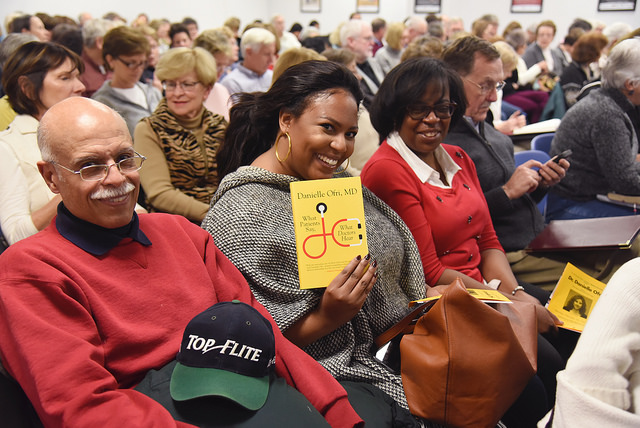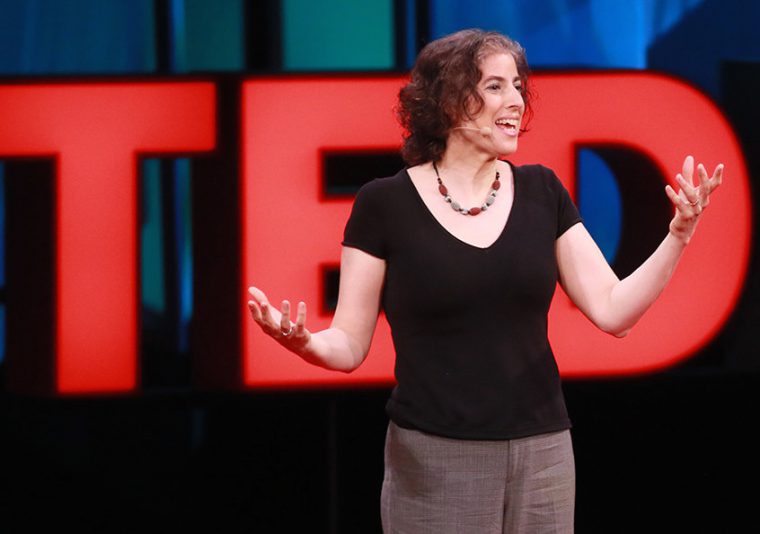Events
Danielle Ofri gives highly engaging lectures to both medical and non-medical audiences on a wide range of topics. There are no slides, Powerpoint, or handouts–just lively discourse and compelling human stories.
Upcoming Appearances
Boston, MA
Governance Institute
Tuesday, Aug 8 at 8 am
San Diego, CA
University of California, San Diego
Wednesday, Sept 6 at 5:30 pm
Orlando, FL
University of Central Florida
Friday, Sept 15 at 6 pm
Philadelphia, PA
Temple University
Wednesday, Sept 27 at 8 am
Rochester, MN
Mayo Transform 2017
Friday, Sept 29 at 8 am
Rochester, NY
Memorial Art Gallery
Monday, Oct 2 at 5:30 pm
Monterrey, Mexico
Universidad Autonoma de Nuevo Leon
Friday, Oct 6 at 9 am
New York, NY
Mt Sinai Hospital
Thursday, Oct 12 at 7:45 am
Hartford, CT
St. Francis Hospital
Thursday, Oct 12 at 6 pm
New York, NY
Albert Einstein College of Medicine
Friday, Oct 13 at 11 am
San Francisco, CA
Experience Innovation Network
Thursday, Oct 19 at 8:15 am
New York, NY
Columbia University Medical Center
Wednesday, Oct 25 at 10:45 am
New York, NY
Mt Sinai Hospital
Wednesday, Oct 25 at 3:30 pm
Minneapolis, MN
University of St. Thomas
Thursday, Nov 9 at 6 pm
Pittsburgh, PA
UPMC Shadyside
Thursday, Nov 16 at 12 pm
Rome, Italy
Thursday, Jan 25
Memphis, TN
Sunday, March 4
Las Vegas, NV
Tuesday, March 6
Dublin, Ireland
DotMD Conference
Friday, March 9
Philadelphia, PA
College of the Sciences
Thursday, March 22 at 1 pm
Dublin, Ireland
International Listening Association Conference
Thursday, June 21

Lecture Topics


